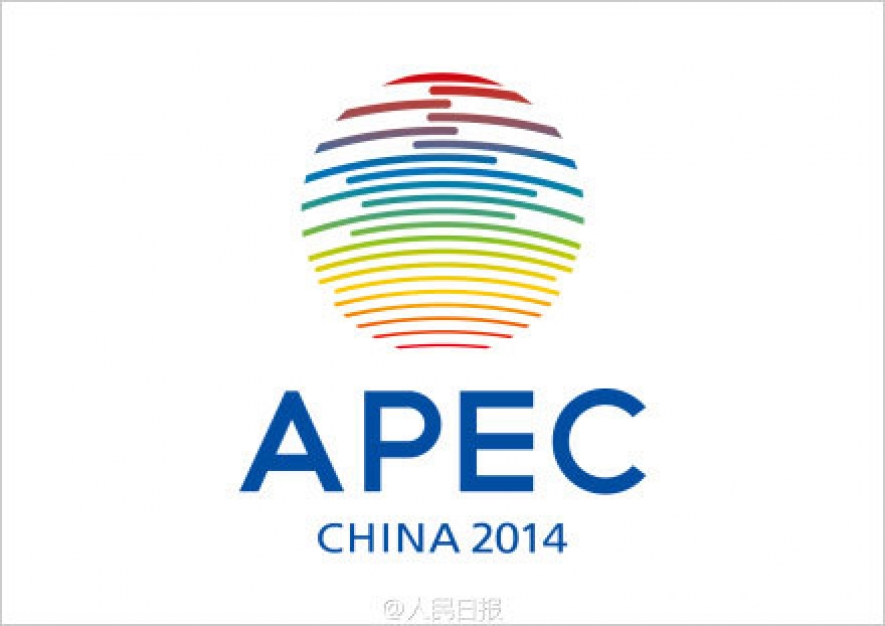India, which did not attend despite being invited to join as an observer, may have to consider the implications of China's achievements at the summit. Pakistan and Bangladesh attended as observers, according to diplomats based in Beijing. Xi had invited Prime Minister Narendra Modi to attend during their meeting in September.
Xi clearly stole the show at the summit, with US President Barack Obama talking about accommodating China, observers said. Leaders of Asia-Pacific countries agreed to move towards a new free-trade zone strongly backed by China. The Beijing-supported Free Trade Area of the Asia-Pacific (FTAAP) is regarded as a challenge to the Transpacific Partnership (TPP), the US trade pact that excludes China and Russia.
Though Obama said the US-backed TPP was not meant to contain China's influence, it was clear China had created a powerful rival to it in the form of the FTAAP.
"Currently, the global economic recovery still faces many unstable and uncertain factors," Xi said. "Facing the new situation, we should further promote regional economic integration and create a pattern of opening up that is conducive to long-term development."
The 21-nation APEC agreed to establish an anti-corruption network, which China needs more than any other country. Xi's government is engaged in a major anti-graft crackdowns but feels hampered by some foreign countries that provide visas and residency to fleeing officials accused of swindling funds.
The Philippines, a US allay engaged in opposing China over the ownership of South China Sea islands, received largesse from Chinese functionaries. The presence of Japanese and Philippine leaders will make it easy for China to deal with territorial disputes in the East China Sea and South China Sea.
Beijing's success in softening at least three territorial rivals — Japan, Philippines and Vietnam — has serious implications for India, which has a major border dispute with China. Pakistani PM Nawaz Sharif, who attended the summit as an observer, returned with his hands full of goodies in the form of investments.
Bangladeshi President Abdul Hamid, who also attended the APEC summit as an observer, expressed a desire to join the organization, and requested his Chinese hosts for opportunities to join other regional forum, according to China Central Television. "APEC's trade facilitation efforts, especially in the form of the Trade Facilitation Action Plan, is a commendable step to this end," Hamid said while requesting that Bangladesh be made a member. (KH/ToI)




















